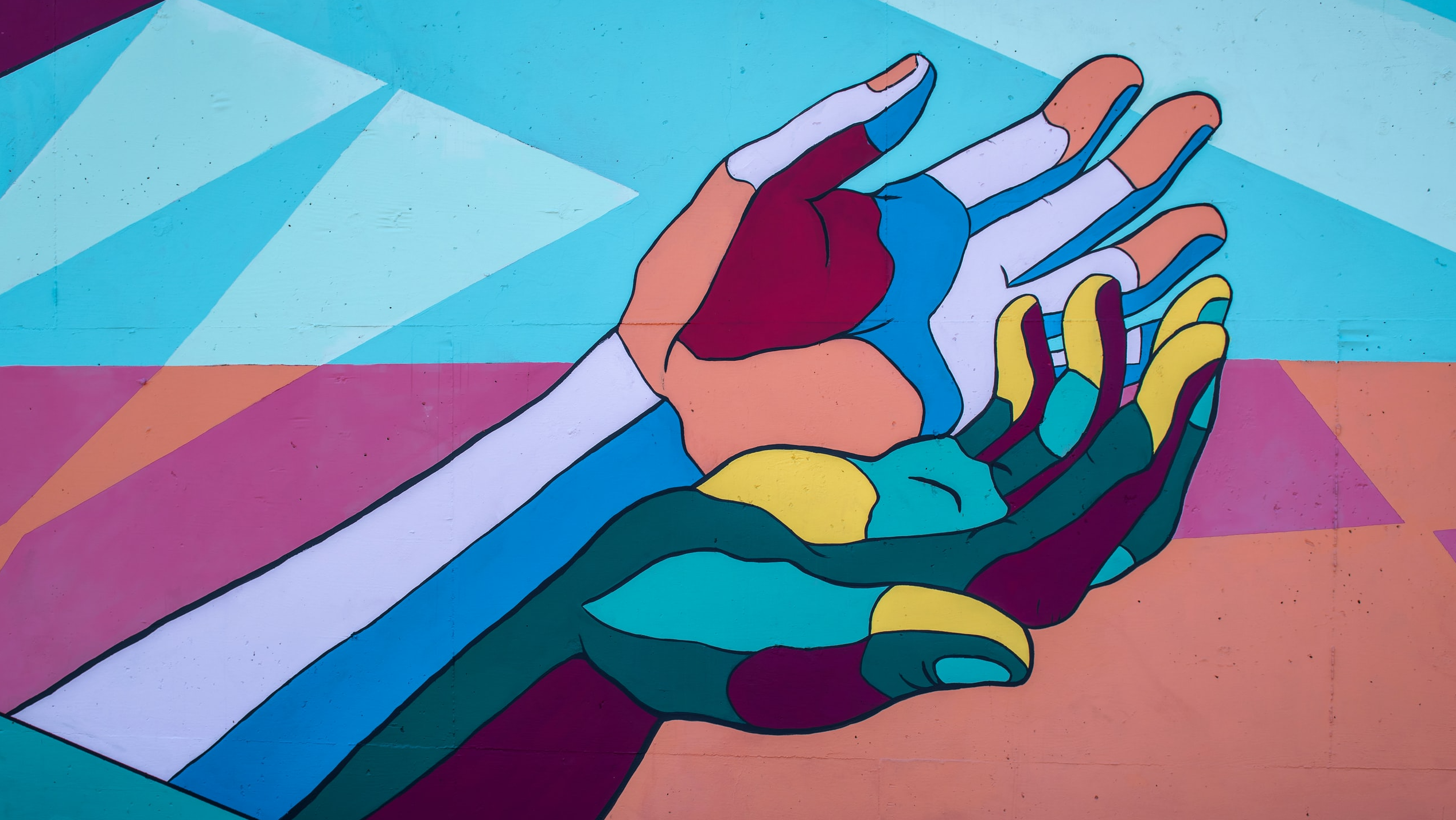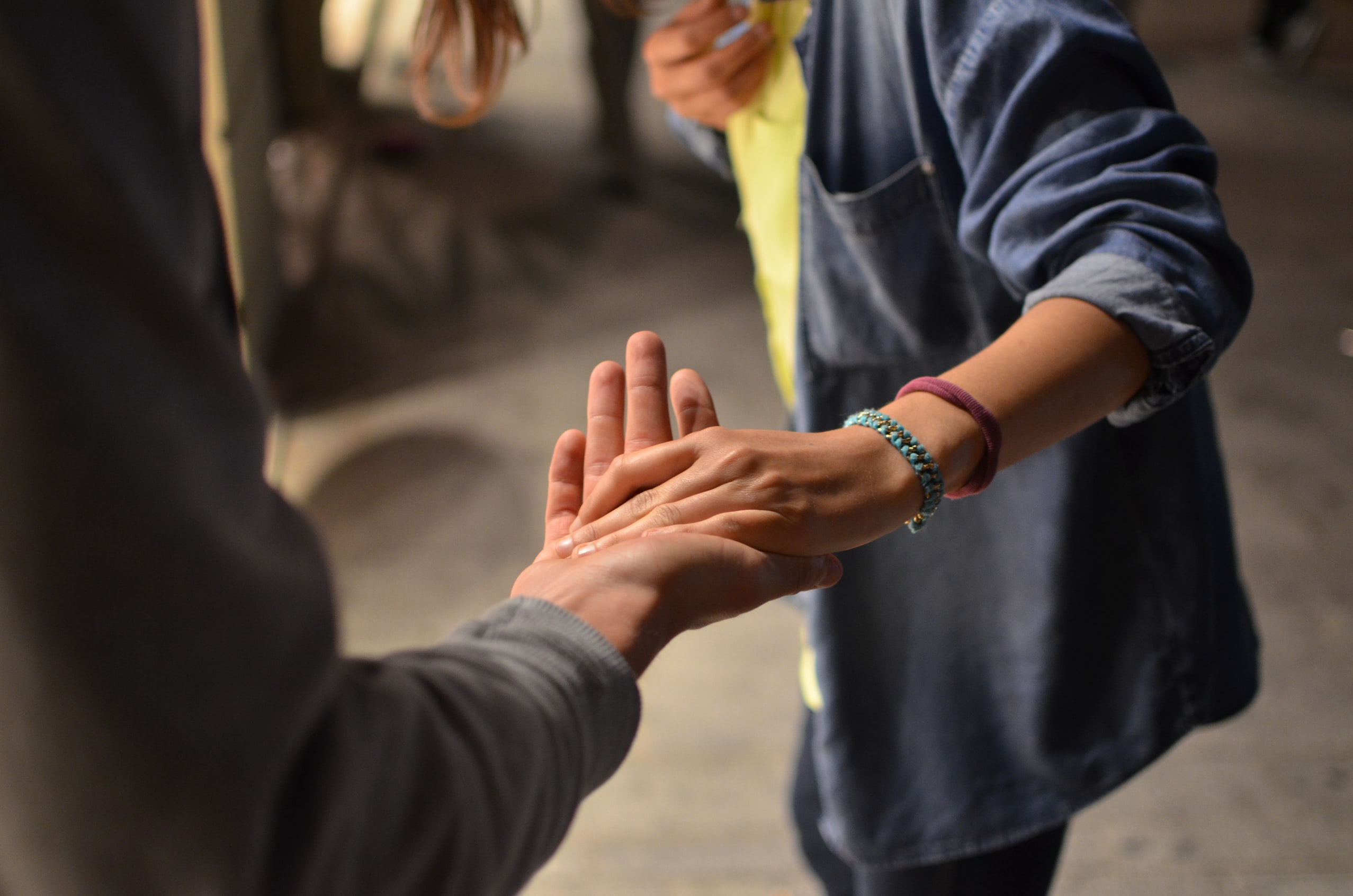
22 May Dealing with Guilt & Trauma in the Wake of COVID-19
Posted at 13:14h
in behaviour change, behavioural insights, big data, Business, culture, Design, economy, ethnographic research, ethnography, health care, health policy, healthcare, social policy
Written by our director Elliot, with Dr David Spektor – for Mental Health Awareness Week.
This article originally appeared on Medium.
“Because we’ve been working flat out during the pandemic,” explains a senior nurse from a London hospital, “we’ve not had as much opportunity to process our feelings around some of the very difficult decisions we’ve had to make. So I think we’ll see a lot of staff struggling with guilt.”
As a clinical psychologist, the fact that we have the capacity for guilt provides me with infinite hope. I know that might sound strange. For most people, their relationship with guilt is almost phobic. Guilt is painful, literally painful. It hurts us physically and psychically, and is therefore avoided at all costs. But feelings signal a reaction to something. So when we avoid our feelings, we’re also ignoring whatever they’re alerting us to.
WHAT IS GUILT?
Guilt is the discomfort we experience about an act we regret. Most people respond to guilt with either denial and projection (i.e. “it’s not my fault, it’s your fault”), or shame. But shame is not guilt. Shame is you telling yourself how awful you are for your guilty act (i.e. “this happened because I’m a bad person”). Shame can be unhelpful, often leading to depression and self-punishment. Guilt, however, is reparation. Guilt is the consequence of compassion.
The Coronavirus pandemic is going to bring a torrent of guilt, and consequently many will suffer the after-effects of guilt-related trauma. We’re already hearing horrific stories: of paramedics unable to physically reach out and comfort those in need; of family members who can’t be at the bedside of their critically-ill or dying loved one; of the doctors and nurses forced to decide who gets life-saving treatment, and who is left to die.
The many thousands of people around the world facing these decisions or circumstances will feel guilty. There may be no rational reason for their guilt. They may have done everything they could have. But to deny their guilt is to abandon them and their reality. Guilt is not a bad word, it’s part of what it means to be human. Guilt simply signifies your love for the one who was hurt. If you can lean into that feeling rather than avoid it, then you can be set free.
BEARING WITNESS TO GUILT
Think of an act you’ve felt guilty about. Think of the person that was hurt by your action. Can you feel the guilt in your body? Where does it sit? What does it feel like? Is it a hollow feeling? Is it a heavy feeling? Now, once you feel it, is there an impulse that comes with it? What does this feeling make you want to do?
If you’re not avoiding, and going to shame or denial, you’ll most likely have an impulse to reach out to that individual, or repair in some way. If reparation is not possible, then you’ll feel motivated to make amends by changing your behaviour in the future. This is the power of guilt, if felt. It’s a correcting emotion; it brings us back to our moral and ethical ideal.
We live in a world that has little room for our negative emotions. Even calling them “negative” is problematic. Guilt is not negative, it is one of the most valuable emotions we have. But it is uncomfortable for the owner of that emotion, and it is uncomfortable for the witness to that emotion. So we are quick to abandon people in their guilt, by telling them that they should not feel guilty.
Why do we do this? We do this because it hurts us to see someone else in emotional pain. By denying their guilt, we are being selfish. True compassion is to validate and make room for someone’s guilt, to sit with them and bear witness to their reality. To contain them in their pain, and their grief. Guilt is a loving response, and the behaviour it causes is a loving act.
“True compassion is to validate and make room for someone’s guilt”
HOW TO DEAL WITH GUILT
To those of you who have had to make the most difficult decisions, or found yourself in the most desperate of circumstances, I implore you to feel your guilt. Find someone to bear witness to it, so they can comfort you in your pain. All it does is signify your love for others, and your inner goodness. Allow your guilt, and let it lead you and motivate your behaviour.
As a therapist, my job is to meet a client where they are feeling. For example, when working with a parent who has lost a child, there’s often guilt around their inability to protect their child. There is usually no rational way a parent could have saved their child, so how do I respond? Do I abandon them by trying to rationalise their guilt, and telling them what everyone has already said: “it’s not your fault, there’s nothing you could have done”? Or do I acknowledge their feelings, and ask the most compassionate and difficult of questions: “how do you apologise to your child?”
By asking this question, it allows an outpouring of grief, pain, longing and love. Rather than abandoning them, this question enables people to speak their truth. It honours their guilty feelings, which, when fully experienced and moved through, simply demonstrate their love for their child. The parent’s guilt symbolised their love, and to love is to feel pain. If we truly want a loving and healthy society, then we need to improve our ability to tolerate our emotional pain.

AVOIDING SHAME & REDUCING TRAUMA
My worry is that most people respond to guilt with shame. That following this crisis, we’ll have an epidemic of trauma, with people avoiding guilt by living in shame and self-punishing. Studies indicate that guilty-feelings, and particularly shame associated with guilt, can contribute to the development of PTSD (post-traumatic stress disorder)[1][2][3][4][5]. This is something we commonly see following war, and is known to have a devastating impact on mental health for generations.
So when this pandemic subsides, and we, together with our frontline workers and affected families, are recovering, I hope we can make space for our guilt. Let’s cherish this loving part of others and ourselves, so we can collectively move through our pain, rather than being trapped in shame and self-punishment. Let’s celebrate our capacity for guilt, as an important, guiding part of our humanity.
*******************
References:
[1] https://www.ncbi.nlm.nih.gov/pubmed/30010379
[2] https://www.ncbi.nlm.nih.gov/pmc/articles/PMC5717716/
[3] https://doi.org/10.1016/B978-0-12-816022-0.00006-5
[4] https://link.springer.com/article/10.1007/s10567-013-0146-y
[5] https://www.ncbi.nlm.nih.gov/pubmed/29058331
Photos from Unsplash: by Tim Mossholder; Noah Silliman; Rémi Walle
#mentalhealthawarenessweek #guilt #trauma #ptsd #covid19 #coronavirus #pandemic #mental health #therapy #pyschology #wellbeing #selfcare #nhs #nhsengland


